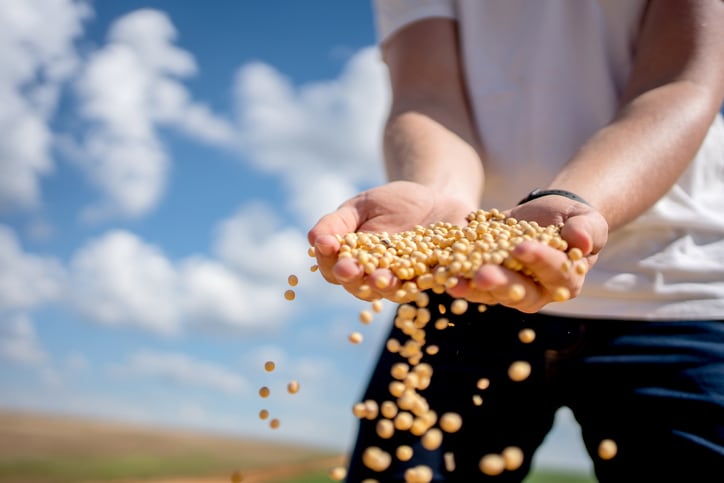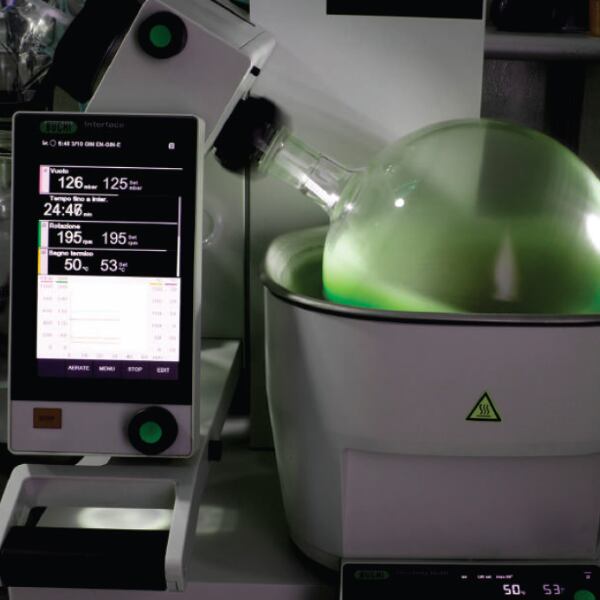Keeping the faith : Why Nongshim, Oatly, CP Foods and more still believe in sector’s APAC's plant-based potential
Major plant-based industry players in APAC such as Nongshim, Oatly, CP Foods, Thai Coconut and more still retain confidence that there is a gap for plant-based products to fill in the region, despite it's current challenges.
Over the past two years, it has become painfully obvious that the enthusiasm for plant-based innovations and especially plant-based meat alternatives have significantly dimmed compared to the pandemic period.
According to GlobalData Key Accounts Director for ASEAN, Australia and New Zealand Tim Hill, the number of product launches, patents and deals in this area decreased by up to 50% year-on-year in 2023 versus 2022 numbers.
Sticks and snacks: Swees launches 'world-first' vegan rice-based cheese sticks to further reach within snacking sector
Plant-based cheese brand Swees has launched what it claims to be the world’s first vegan rice-based cheese stick product with support from the Thai government, believing this will help it to gain a stronger standing in the snacking category.
Swees already has a mature plant-based cheese range with mozzarella, cheddar, Swiss and mozzarella chilli variants, but according to the firm’s Head of R&D Sirinapa Thasak, its recent focus has been on developing cheese-based snacks in order to break into the snacking market.
“The growth of plant-based dairy cheese in western markets has been strong and it is quite common there, but growth in ASEAN has been relatively slow,” Thasak told FoodNavigator-Asia at the ThaiFex-Anuga Asia 2024 show.
‘Future alternative protein’: Microbial yeast protein must expand product formats in order to reach larger audience
Microbial alternative proteins such as those made from yeast need to expand into trending product formats in order to secure the awareness and acceptance of a larger consumer group.
With lots of discussion in the industry surrounding food security and especially protein supply, there are currently three main protein sources in the global food supply chain: Animal proteins, plant-based proteins and microbial-based proteins.
“Microbial-based proteins are a more sustainable and nutritious protein source compared to animal and plant-based proteins, but right now the main issue is with consumer awareness and format compatibility,” yeast protein specialist Angel Yeast APAC Senior Sales Manager Jo Chang told FoodNavigator-Asia at the recent Vitafoods Asia 2024 event in Bangkok, Thailand.
Perception problems: Plant-based innovation in Asia needs to find right format to strengthen health benefits correlation – expert panel
Plant-based product manufacturers still targeting the Asian market need to identify the right product formats that can strengthen the category’s correlation with health benefits, or risk further industry slowdown, experts claim.
This was the conclusion reached by a panel of experts that congregated for a plant-based focused discussion in Thailand, which comprised of CP Foods Director of Open Innovation Peemdej Utsahajit, Thai Coconut CMO Napatsorn Chinpikiyo and Proveg International Managing Director Asia Shirley Lu.
The panel generally agreed that the plant-based industry has seen a slowdown since experiencing massive growth during the COVID-19 pandemic period, attributing this to the novelty factor having worn off.
Could links to longevity boost plant-based sales?
The plant-based trend has slowed in recent months, but new research could be set to restore its fortunes.
Once the darling of the food and beverage world, the plant-based trend has slowed, raising questions about a potential decline. But new research, published in the New England Journal of Medicine, highlights the benefits of plant-based proteins, even going so far as to link their consumption to longevity.





